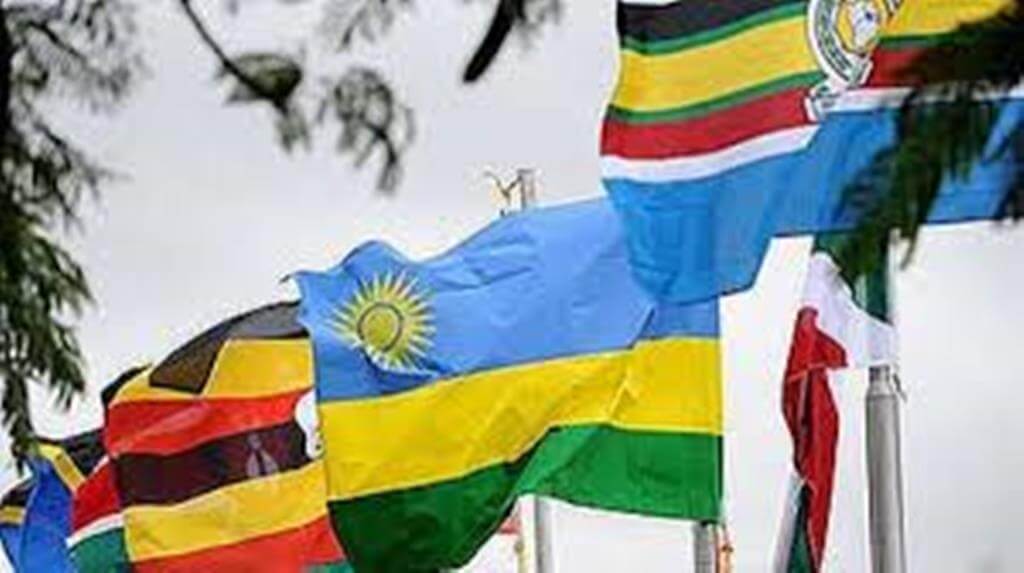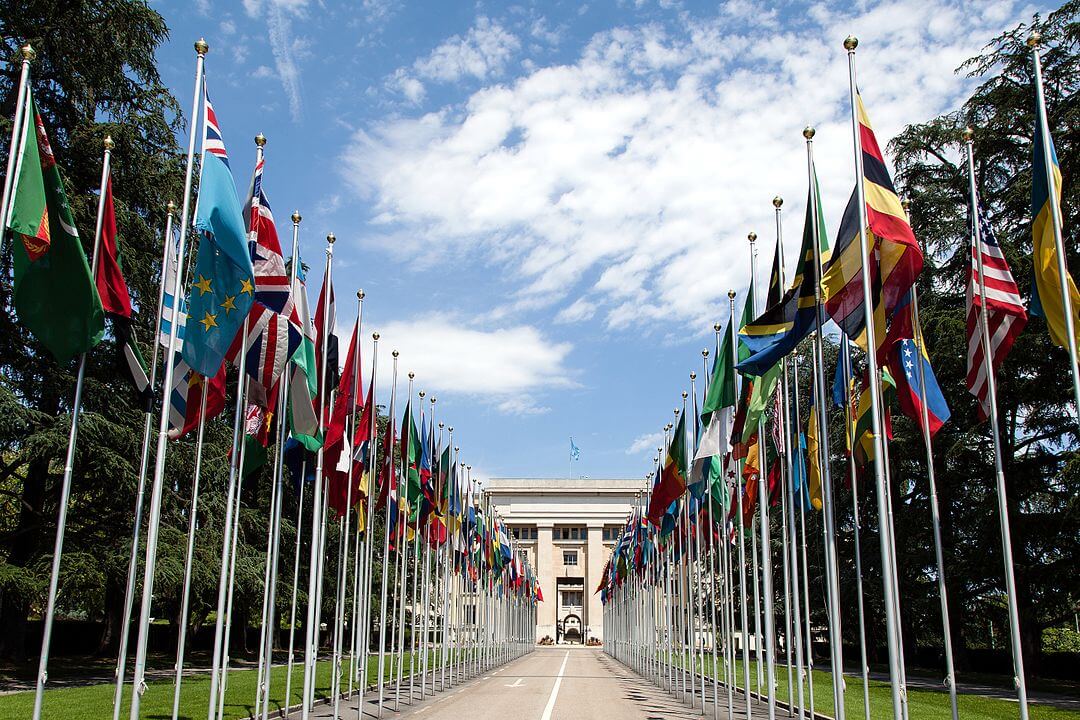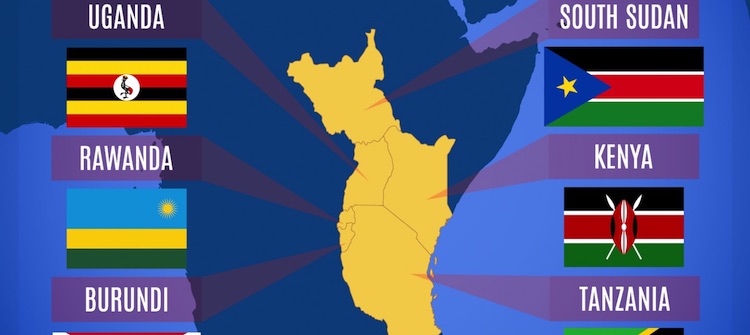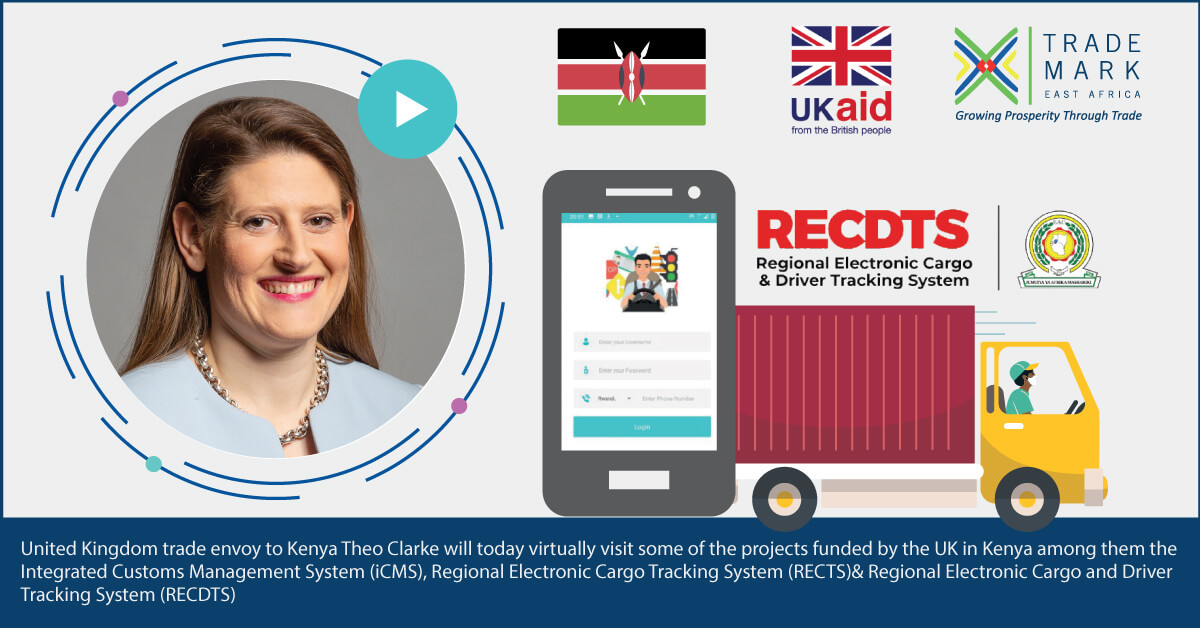ADDIS ABABA, Feb. 18 (Xinhua) -- The East Africa Community (EAC) economies have proven to be relatively resilient in terms of the catastrophic impact of the COVID-19 pandemic despite greater need for economic diversification, according to a newly launched United Nations Economic Commission for Africa (UNECA) report. The newly launched joint report by UNECA, TradeMark Africa (TMA) and African Economic Research Consortium (AERC), entitled "Waving or Drowning? The Impact of the COVID-19 pandemic on East African Trade." "They thought that the region would drown in terms of trade declining catastrophically. But in actual fact, the EAC economies (Burundi, Kenya, Rwanda, South Sudan, Tanzania, and Uganda) have, by global standards, proven to be relatively resilient," the joint report read. The report noted that declines in imports broadly reflected the adverse trade performance of the EAC's main trading partners during the early phases of the pandemic in April and May 2020. It, however, indicated that the imports of all the EAC partner states subsequently recovered to pre-pandemic levels by the second half of 2020, after governments' lockdown restrictions were eased and a broader global trade recovery started to take place. "Nonetheless, despite showing resilience, COVID-19 has reversed some of the gains made in trade facilitation," the report affirmed. According to the report, the marked increase in transit times highlights the challenges posed by the COVID-19 pandemic at border points. Immediately after COVID-19 outbreak, the ship dwell time at Mombasa port, in Kenya, increased by 48 percent and Berth time increased by 52...
Roundup: EAC economies resilient against COVID-19 amid greater economic diversification need: UN report
Posted on: February 24, 2021
Posted on: February 24, 2021
























